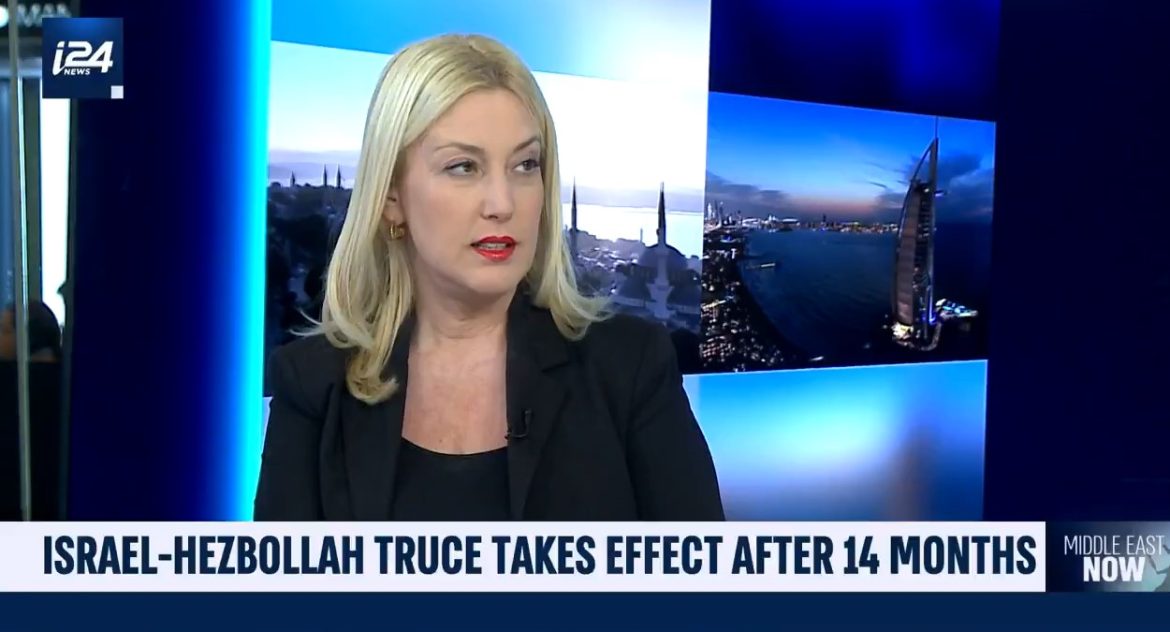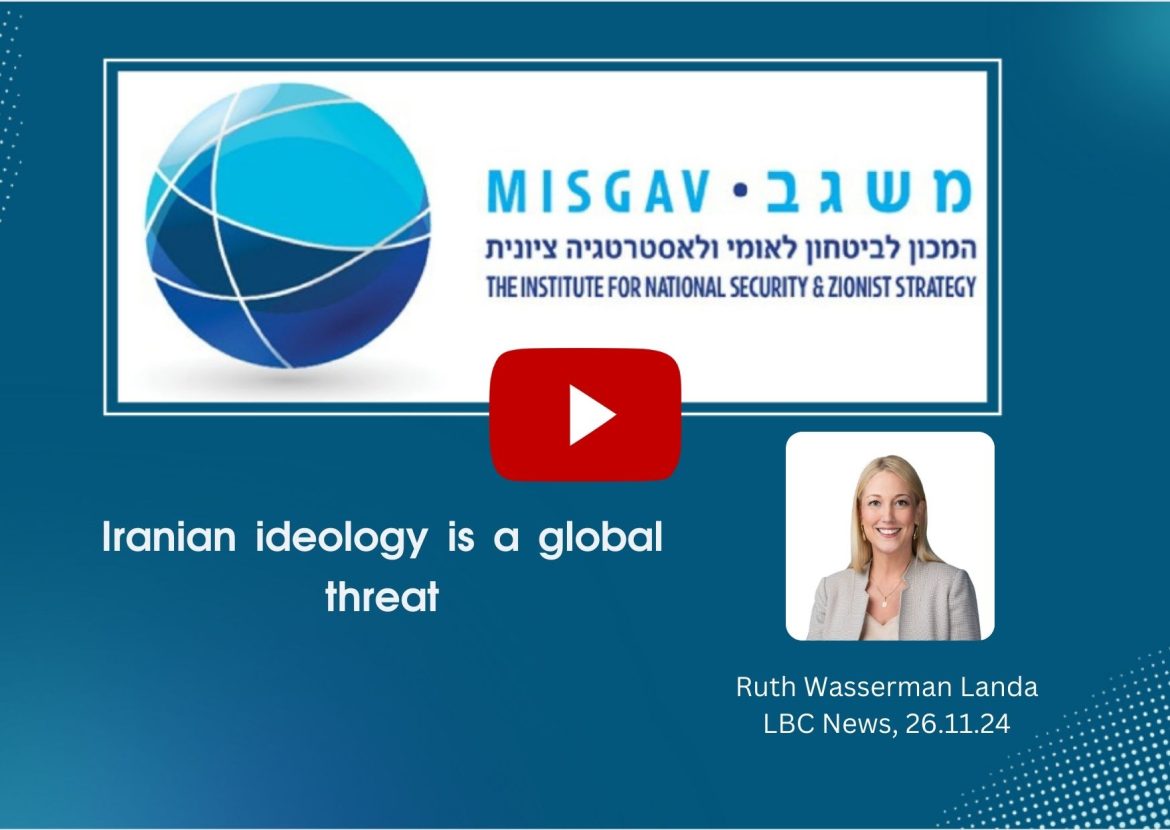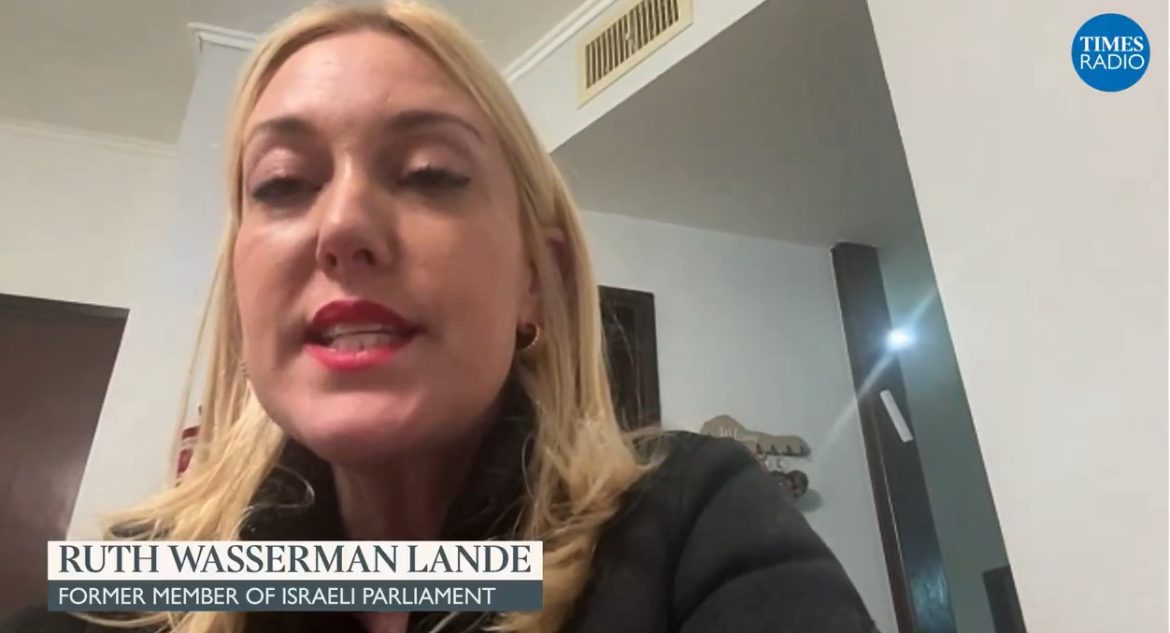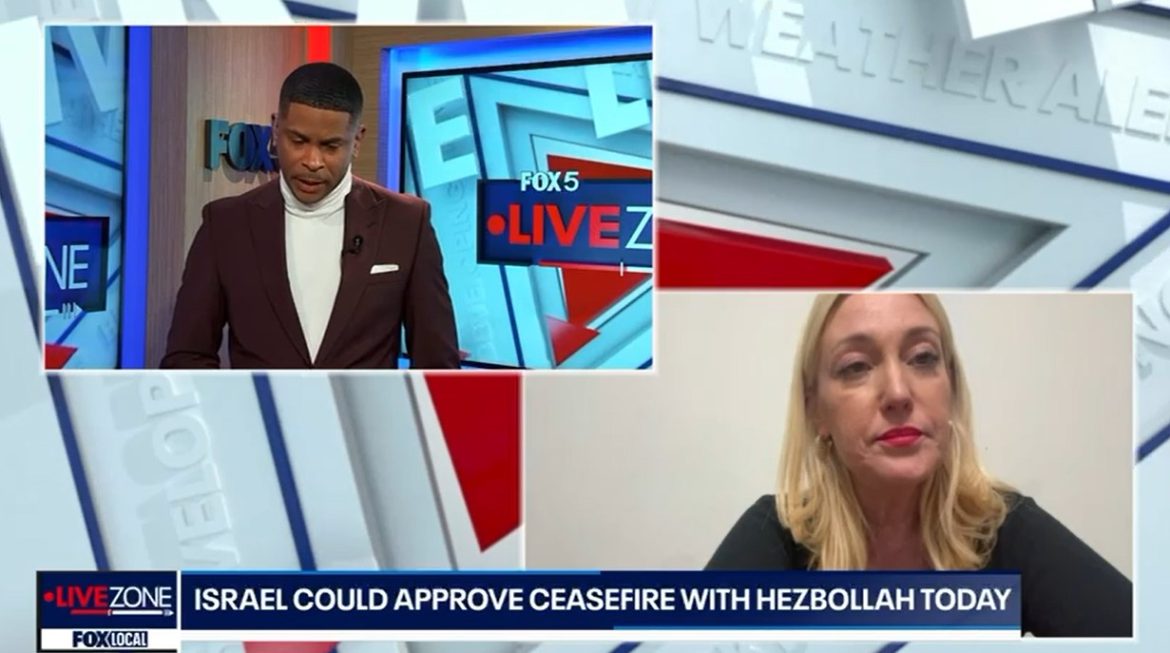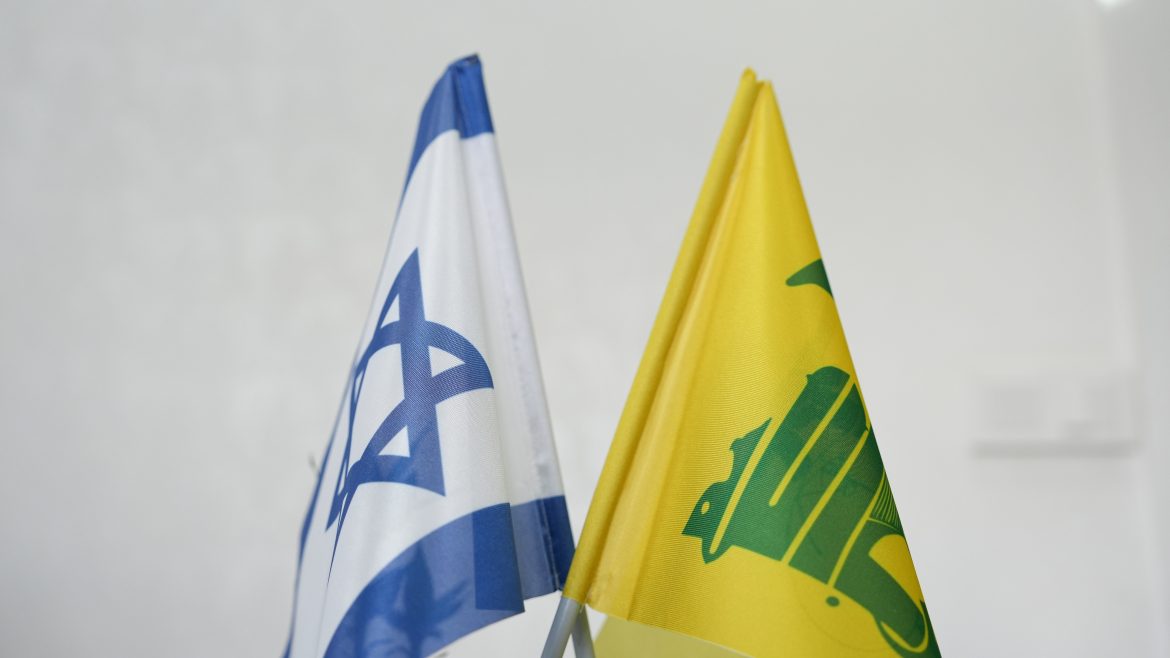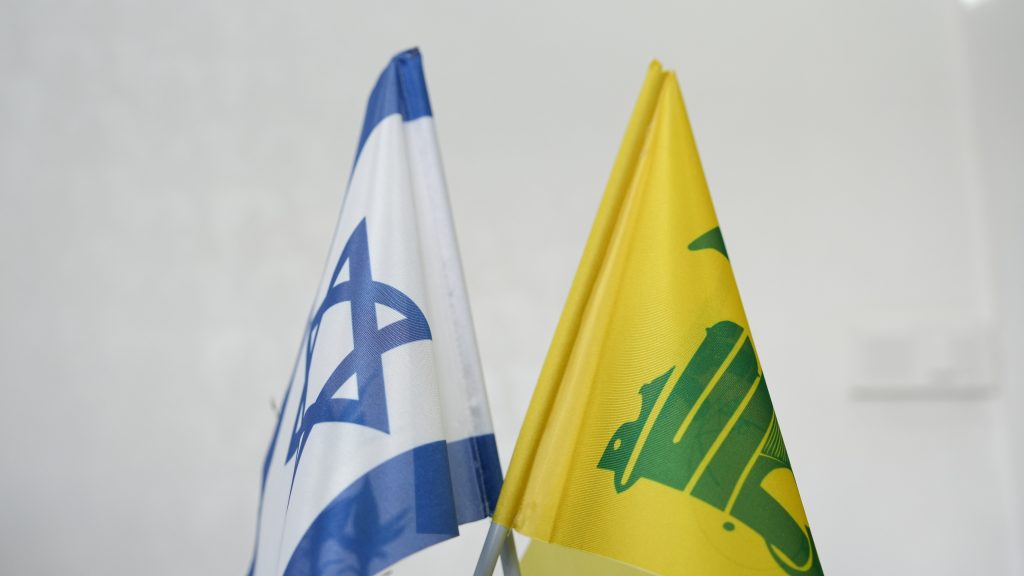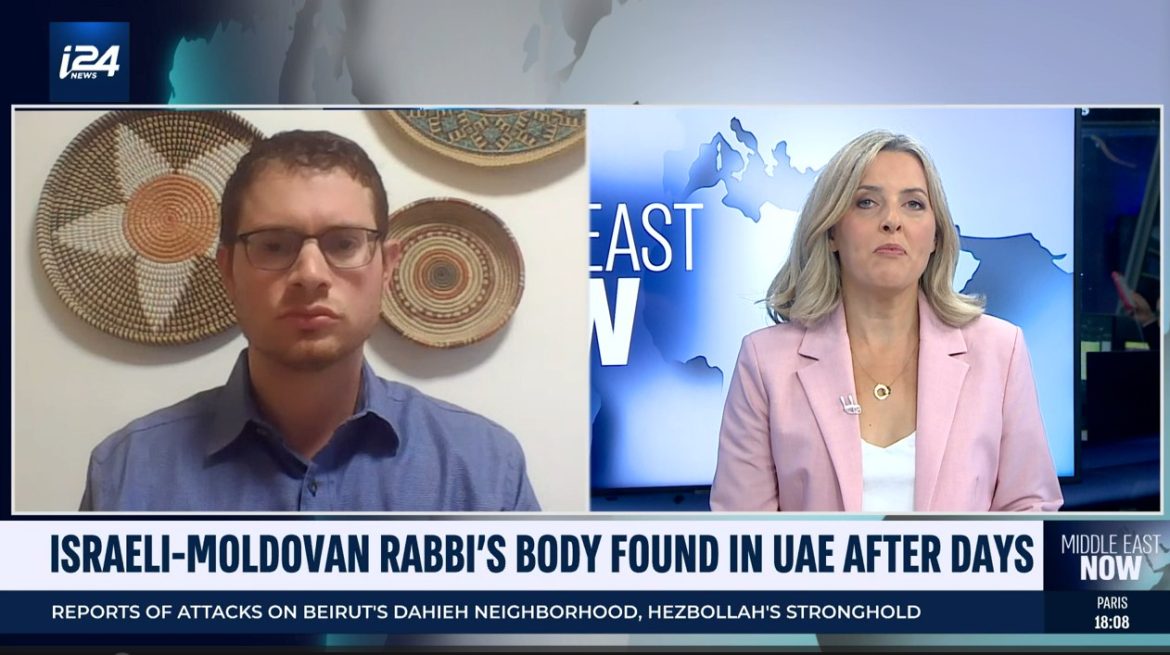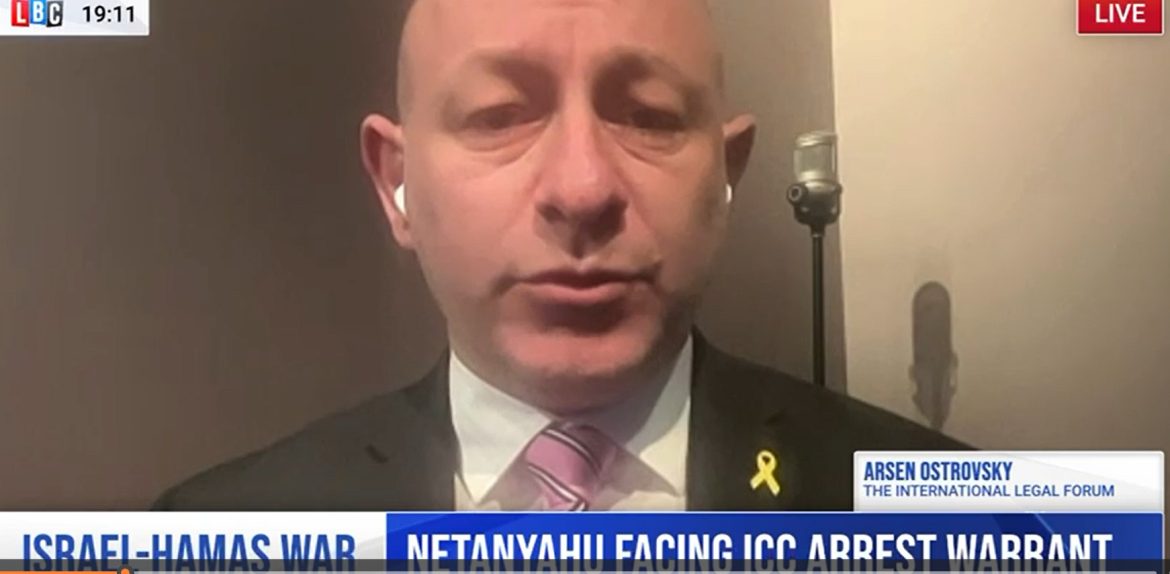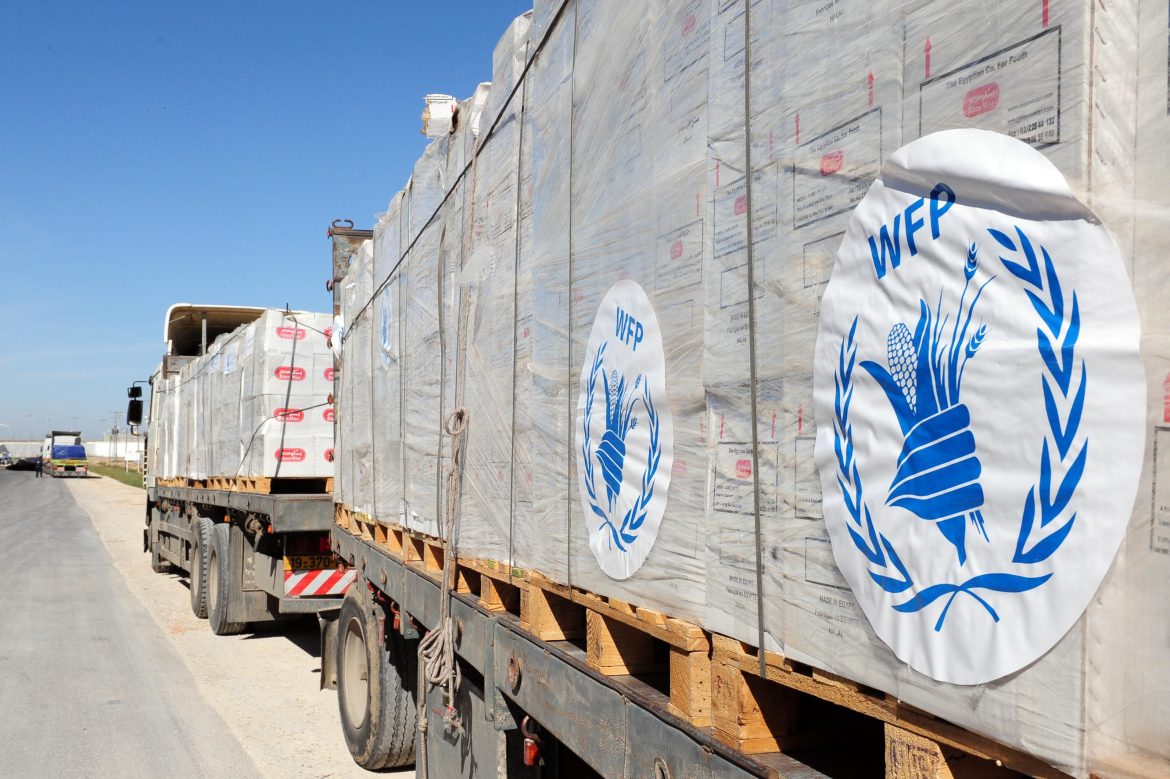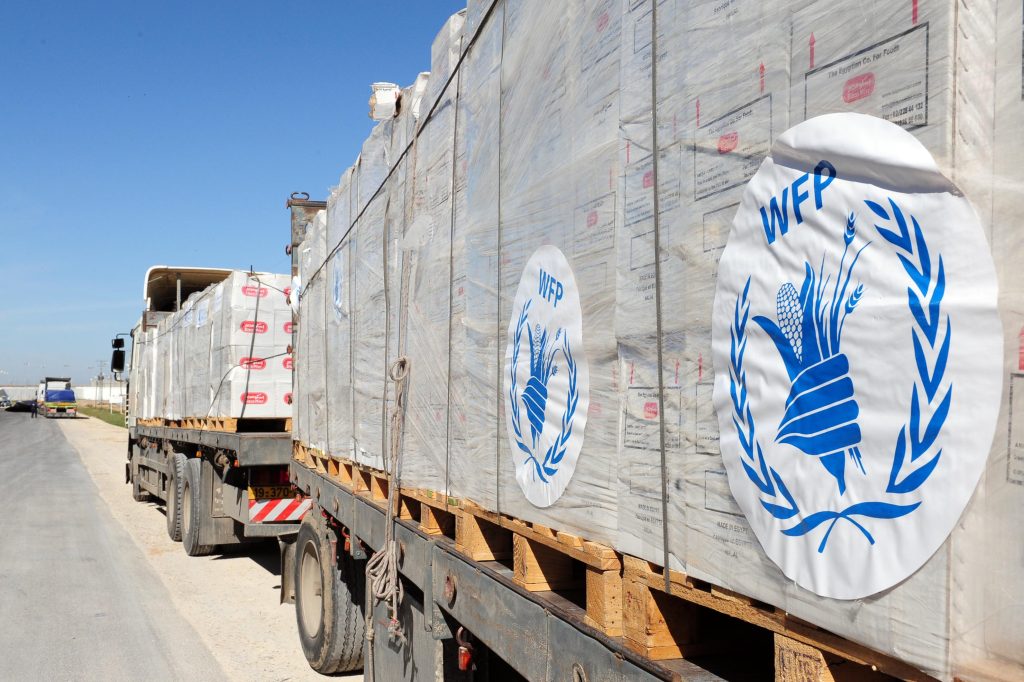Ruth Wasserman Lande: This is not a good deal; it’s a very, very bad deal. The question is, how does one choose between two bad options? Are we going to receive more weapons and much-needed ammunition from the United States of America because of the deal or as a result of the deal? The answer is yes. Will our army get some respite, as the Prime Minister suggested? In a manner of speaking, one could say so, although our military still maintains a very strong presence in southern Lebanon for the next 60 days to ensure that everything proceeds as planned.
The full interview took place on Channel I24 on November 27, 2024.




